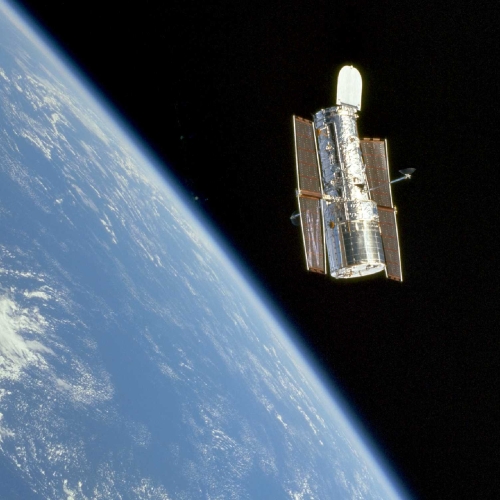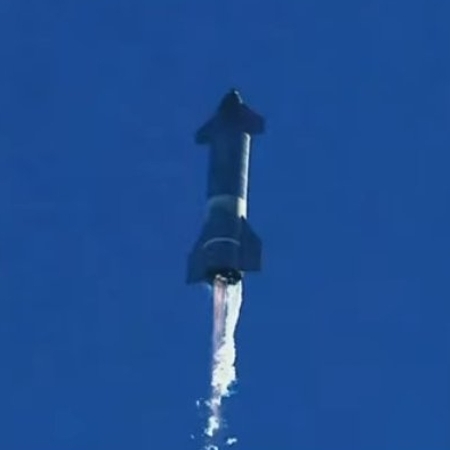OneWeb signs up startup rocket company Relativity for future satellite launches
Capitalism in space: The rocket startup Relativity, which hopes to complete its first test launch of its small Terran-1 rocket before the end of the year, yesterday announced that it has won a launch contract with OneWeb to use its larger but not-yet-ready-for-launch Terran-R rocket to place future OneWeb satellites into orbit.
Under the agreement, Relativity will launch OneWeb’s low Earth orbit (LEO) satellites on Terran-R, the first fully reusable and entirely 3D printed rocket, starting in 2025. These launches will support OneWeb’s deployment of its Gen 2 satellite network, which will add capacity and fresh capabilities to build upon the initial constellation of 648 satellites the company is currently building out.
Since its launch contract with Arianespace using Russian Soyuz rockets fell apart due to Russia’s invasion of the Ukraine, OneWeb has been signing up a range of rocket companies, first SpaceX, then India, now Relativity. Apparently the satellite company realized it was a bad idea to depend on only one rocket, and is now lining up several to make sure its satellites can launch on schedule, no matter what.
For Relativity, this agreement solidifies its future, even before it has completed its first launch. It now has five customers for its Terran-R rocket, with contracts worth $1.2 billion. All it has to do now to become a major player in the global launch market is to get its rockets off the ground.
Capitalism in space: The rocket startup Relativity, which hopes to complete its first test launch of its small Terran-1 rocket before the end of the year, yesterday announced that it has won a launch contract with OneWeb to use its larger but not-yet-ready-for-launch Terran-R rocket to place future OneWeb satellites into orbit.
Under the agreement, Relativity will launch OneWeb’s low Earth orbit (LEO) satellites on Terran-R, the first fully reusable and entirely 3D printed rocket, starting in 2025. These launches will support OneWeb’s deployment of its Gen 2 satellite network, which will add capacity and fresh capabilities to build upon the initial constellation of 648 satellites the company is currently building out.
Since its launch contract with Arianespace using Russian Soyuz rockets fell apart due to Russia’s invasion of the Ukraine, OneWeb has been signing up a range of rocket companies, first SpaceX, then India, now Relativity. Apparently the satellite company realized it was a bad idea to depend on only one rocket, and is now lining up several to make sure its satellites can launch on schedule, no matter what.
For Relativity, this agreement solidifies its future, even before it has completed its first launch. It now has five customers for its Terran-R rocket, with contracts worth $1.2 billion. All it has to do now to become a major player in the global launch market is to get its rockets off the ground.


